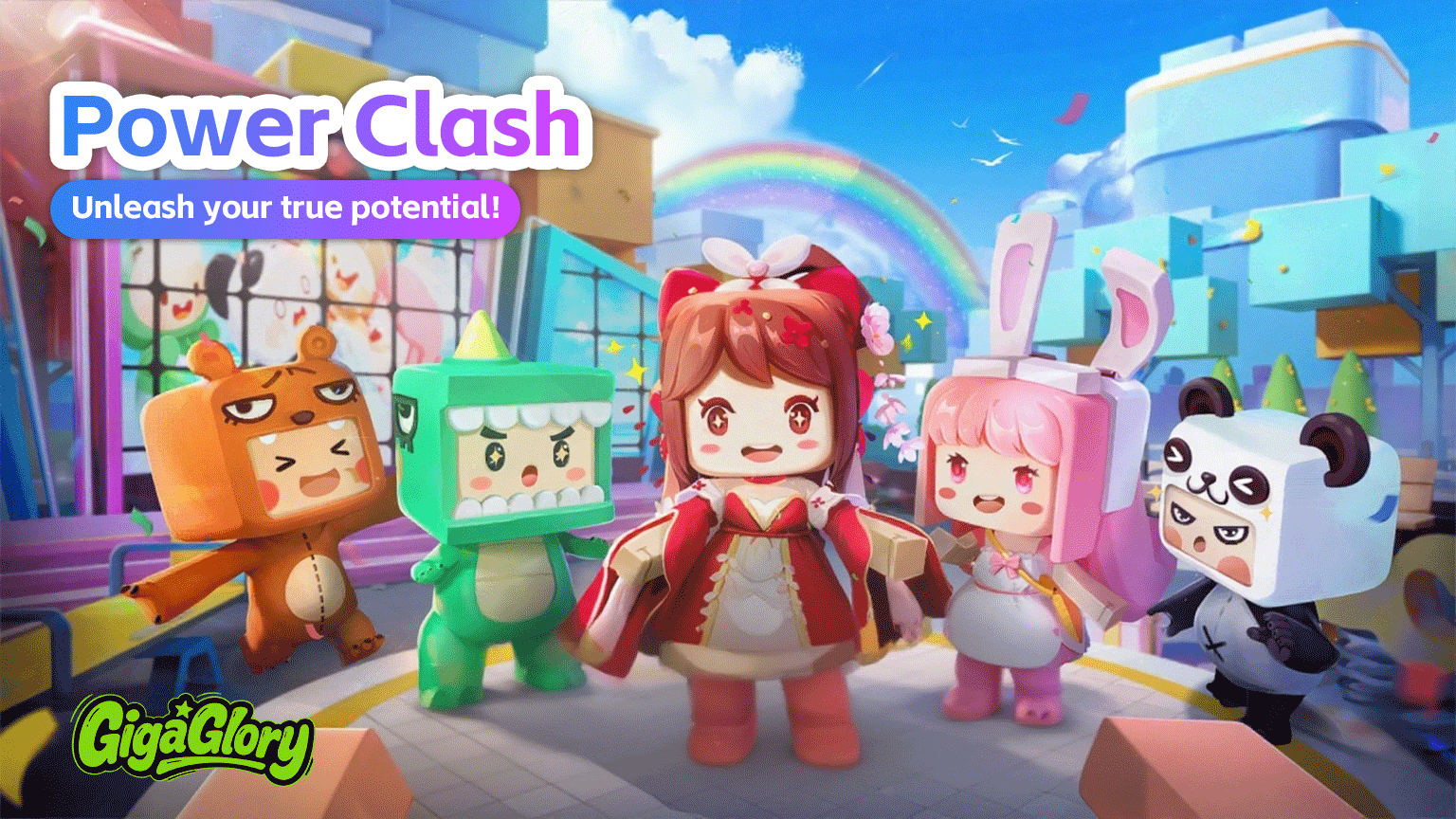Why Multiplayer Business Simulation Games Are Taking the Gaming World by Storm
The Rise of Multiplayer Games
In today’s digital era, the surge of multiplayer games has caught the attention of gamers and developers alike. These titles offer players not just entertainment, but also the chance to engage in social interactions, competition, and teamwork. The unique blend of immersion and collaboration is reshaping the gaming landscape.
Understanding Business Simulation Games
With an innovative twist, business simulation games combine elements of strategy and resource management. Players are often tasked with building empires, managing finances, and making critical decisions that influence their success in a virtual economy. But what makes them so appealing?
The Appeal of Multiplayer Business Simulations
Combine the thrill of business management with the excitement of multiplayer interaction, and you have a recipe for success. These games allow players to collaborate or compete with friends and strangers, adding layers of strategy and unpredictability.
Social Interaction and Engagement
One significant appeal of multiplayer business simulation games is the social aspect. Players can trade resources, form alliances, and even engage in rivalries. This social interaction fosters a sense of community, making players feel more engaged.
VR Games and RPG Elements
The integration of VR games and RPG elements into business simulations adds a new dimension to gameplay. Virtual reality can create an immersive experience where players feel as if they are part of their virtual business environment.
Mario Odyssey and Metro Kingdom Puzzle: Case Studies
Examining titles like Mario Odyssey and its engaging “Metro Kingdom Puzzle” reveals how multiplayer dynamics can be woven into traditional gaming formats. How can we apply these ideas to business simulation games?
Strategies for Successful Gameplay
In multiplayer business games, strategy is everything. Here are key strategies to consider:
- Resource Management: Keep a close watch on your resources to optimize growth.
- Networking: Form partnerships with other players.
- Market Trends: Stay aware of in-game economic shifts.
Competitive Edge in Multiplayer Environments
Staying ahead in multiplayer settings can be challenging. The following points can help sharpen your competitive edge:
- Adapt Quickly to Changes in Strategy.
- Invest in Training Your Characters for Better Skills.
- Collaborate with Established Players for Insights.
Challenges Faced by Players
Despite the many benefits, players of multiplayer business simulation games also face challenges. Balancing time and resources while trying to connect with others can be complex.
Future Trends in Multiplayer Business Simulations
As technology advances, we can expect to see numerous trends shaping the future of these games. Look out for enhanced graphics, smarter AI, and even more immersive experiences in the coming years.
Key Features of Successful Multiplayer Business Games
| Feature | Description |
|---|---|
| Interactive Gameplay | Allows players to engage in real time. |
| Dynamic Economies | Simulates real-world economic fluctuations. |
| Customizable Characters | Gives players unique identity and strategy. |
Conclusion: Embracing the Evolution of Gaming
In summary, the rise of multiplayer business simulation games signifies a bold new chapter in the gaming industry. With their blend of social interaction, strategic depth, and immersive experiences, they are proving to be more than just a passing trend. As we move forward, we can anticipate exciting developments that will shape both gameplay and community engagement.
Frequently Asked Questions
What are multiplayer business simulation games?
Multiplayer business simulation games combine strategic management with social interactions, allowing players to build and manage virtual businesses collaboratively or competitively.
Why are they gaining popularity?
These games foster social engagement and provide complex layers of strategy, appealing to a wide range of players looking for both fun and challenge.
What makes a successful multiplayer business game?
A successful game typically features dynamic economies, interactive gameplay, and opportunities for player customization.



